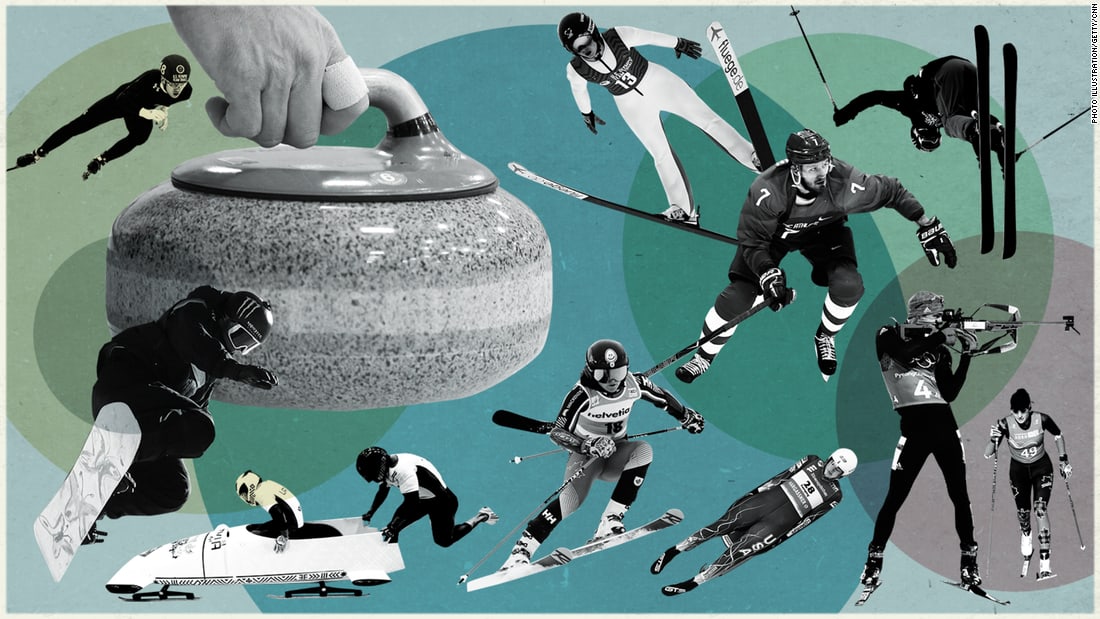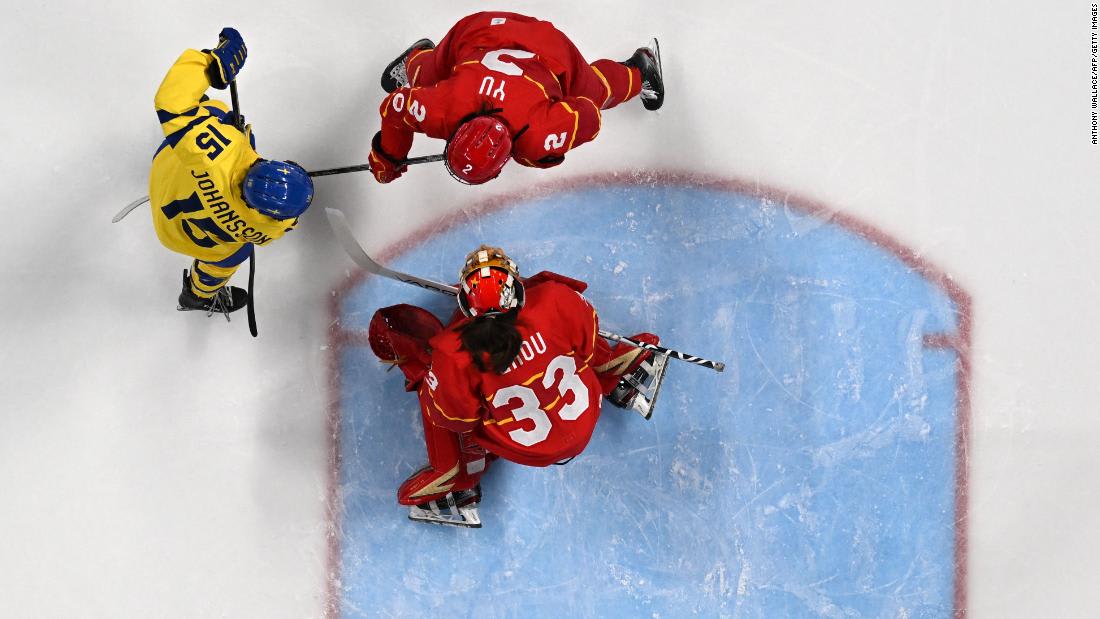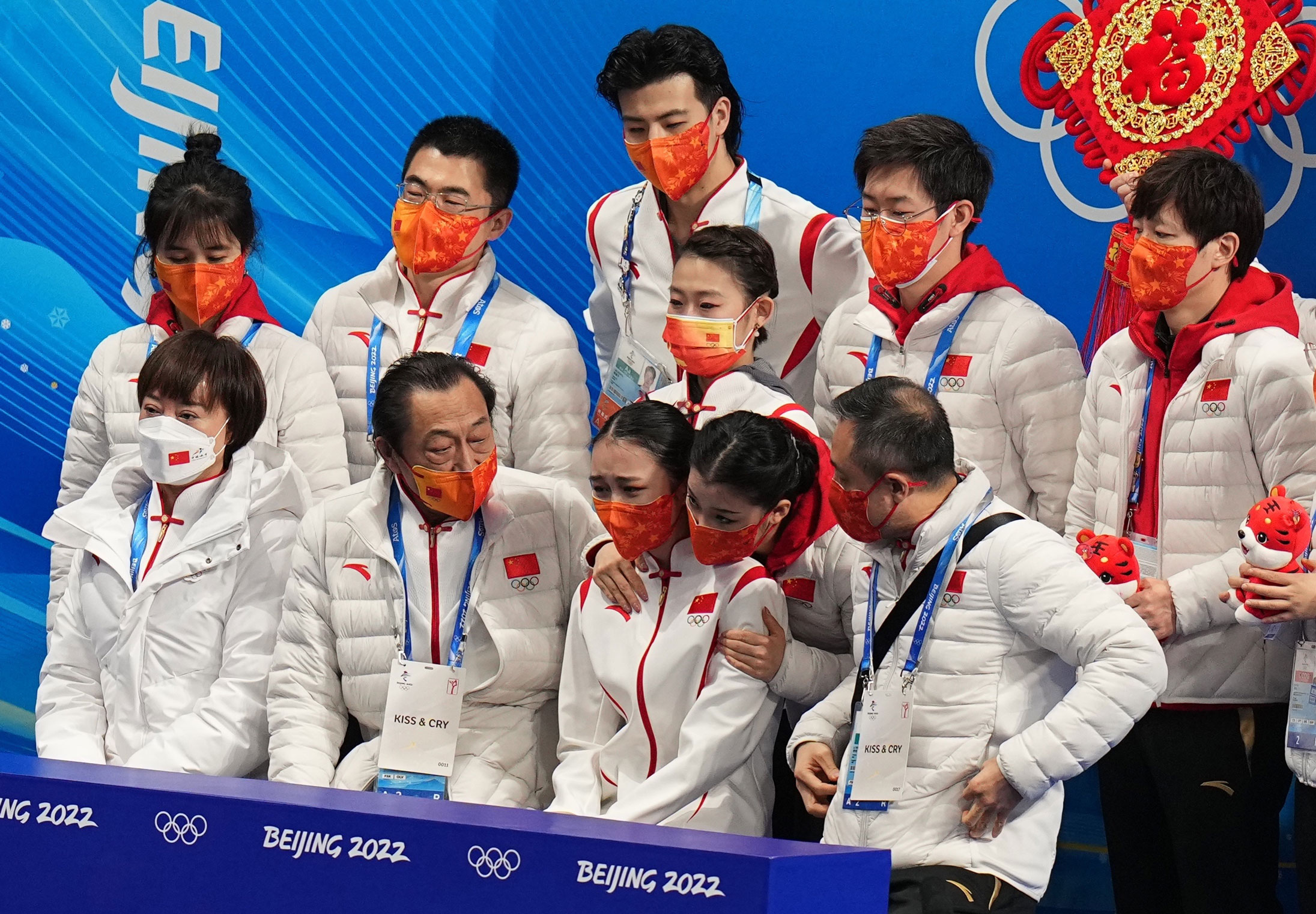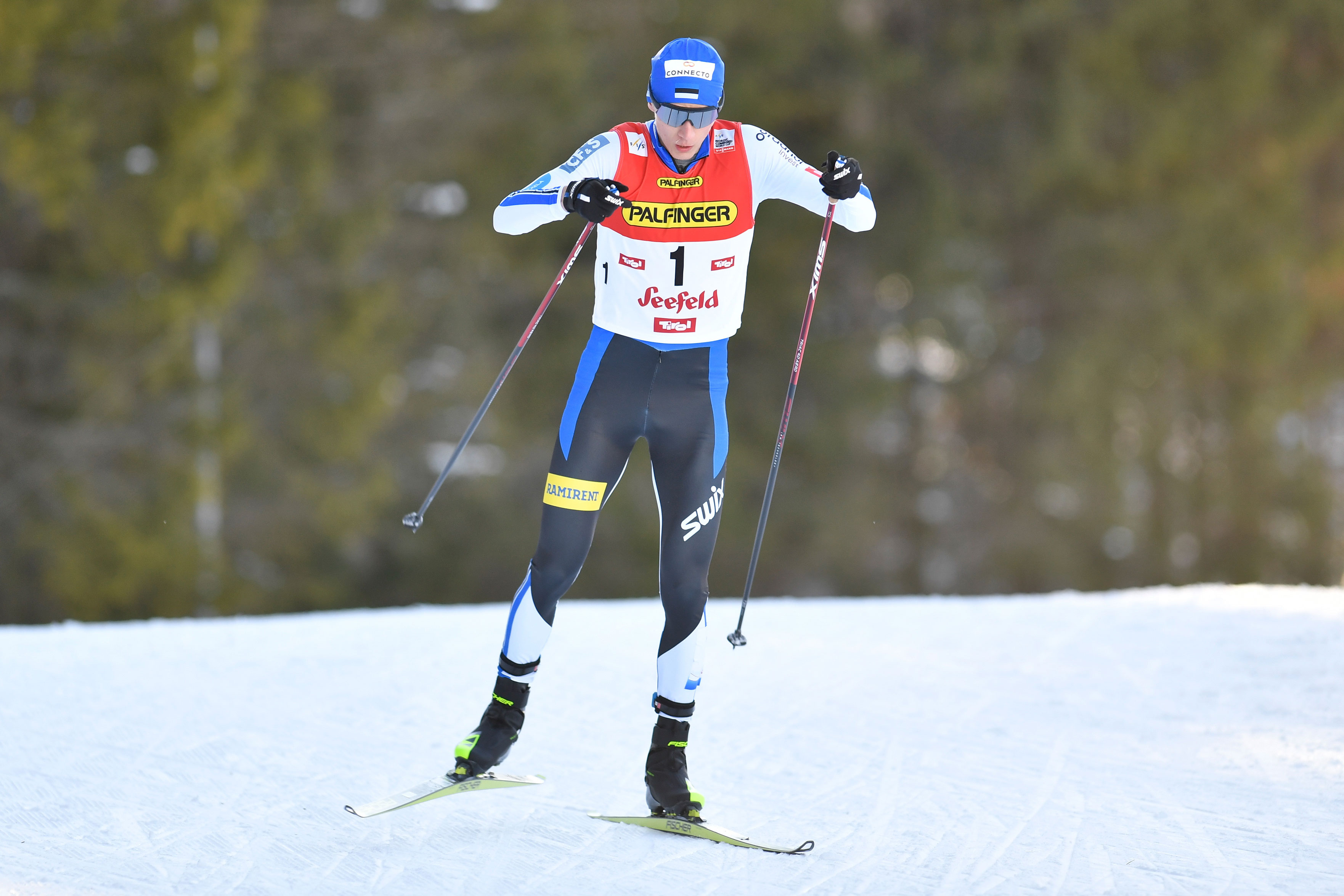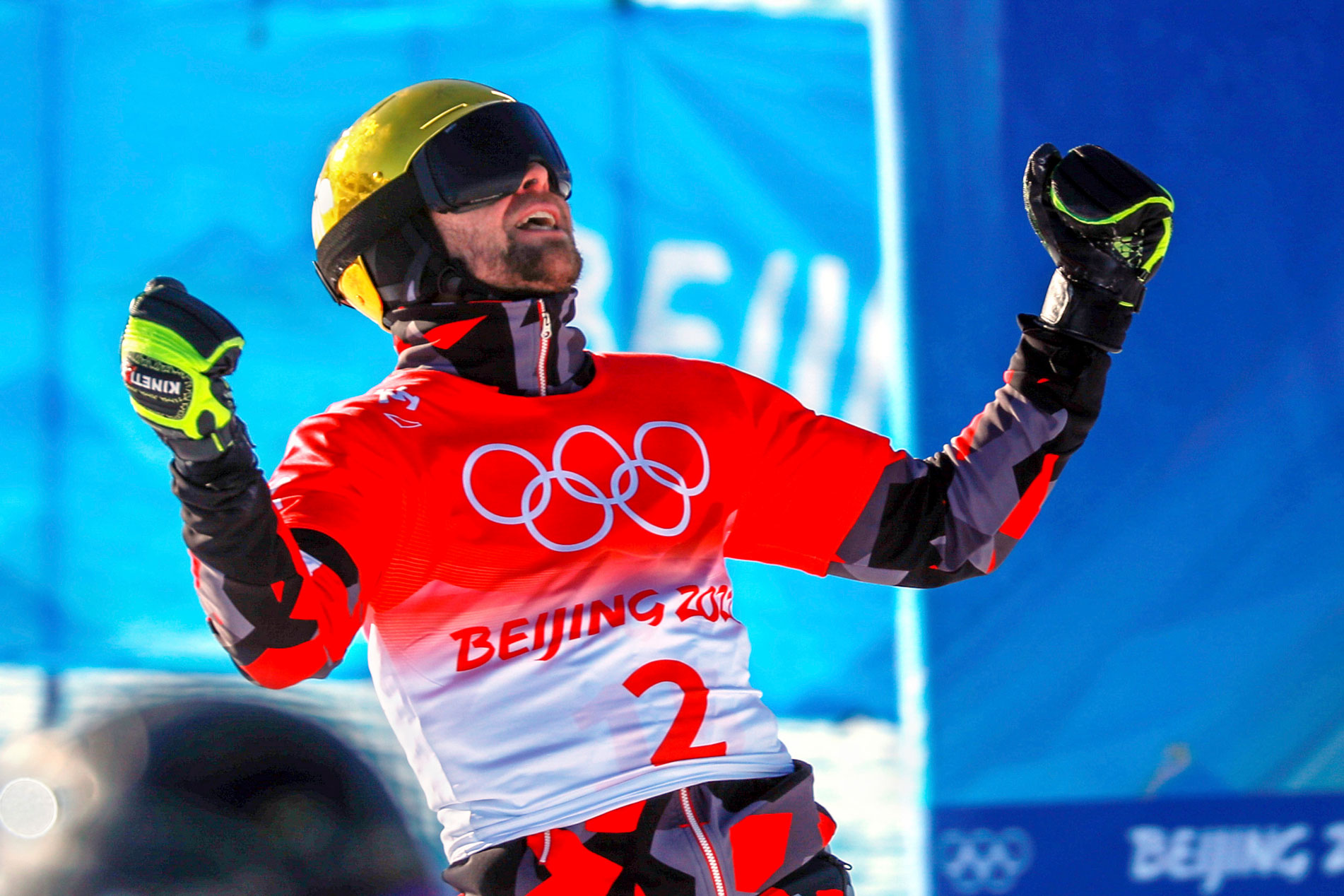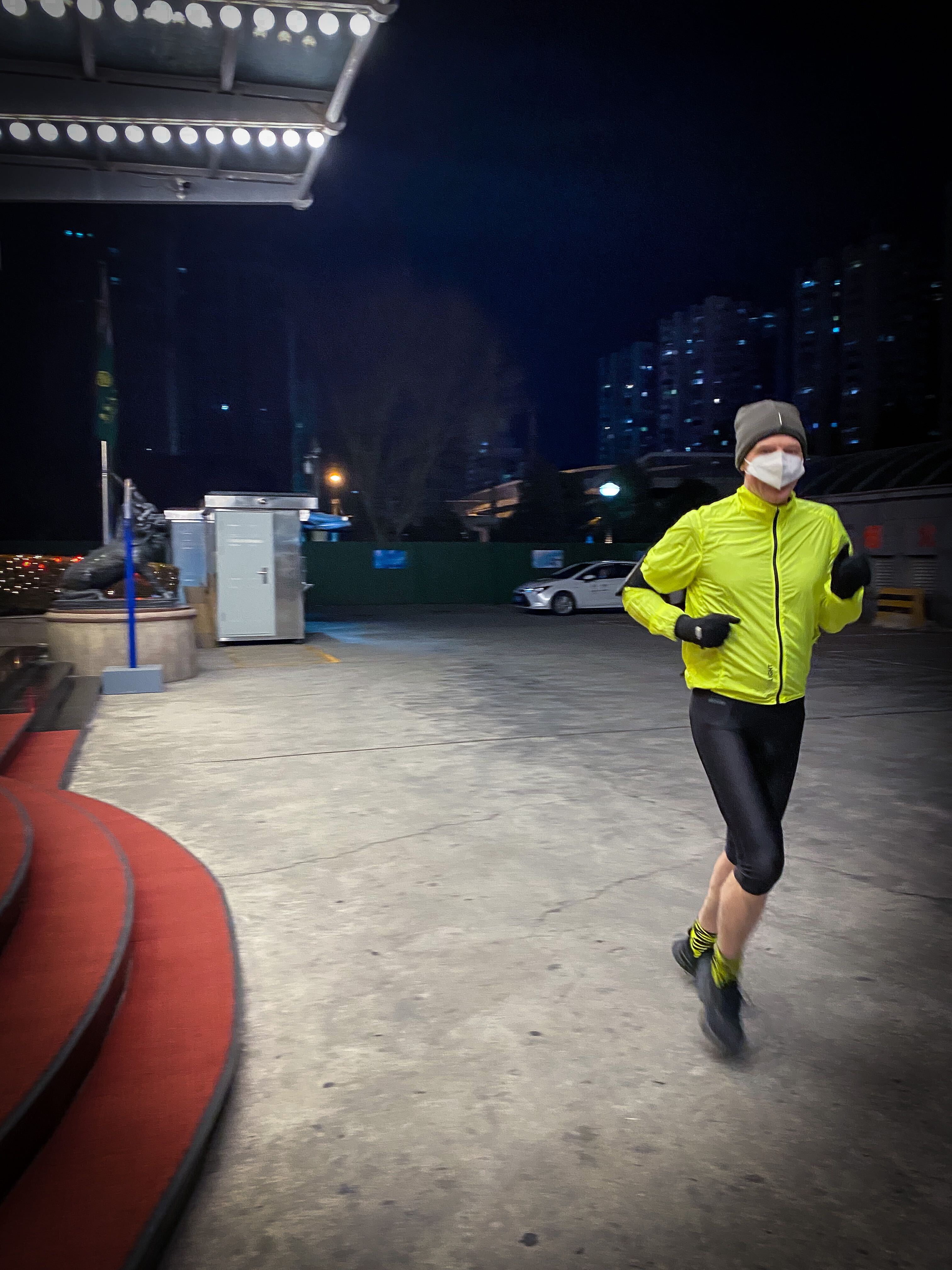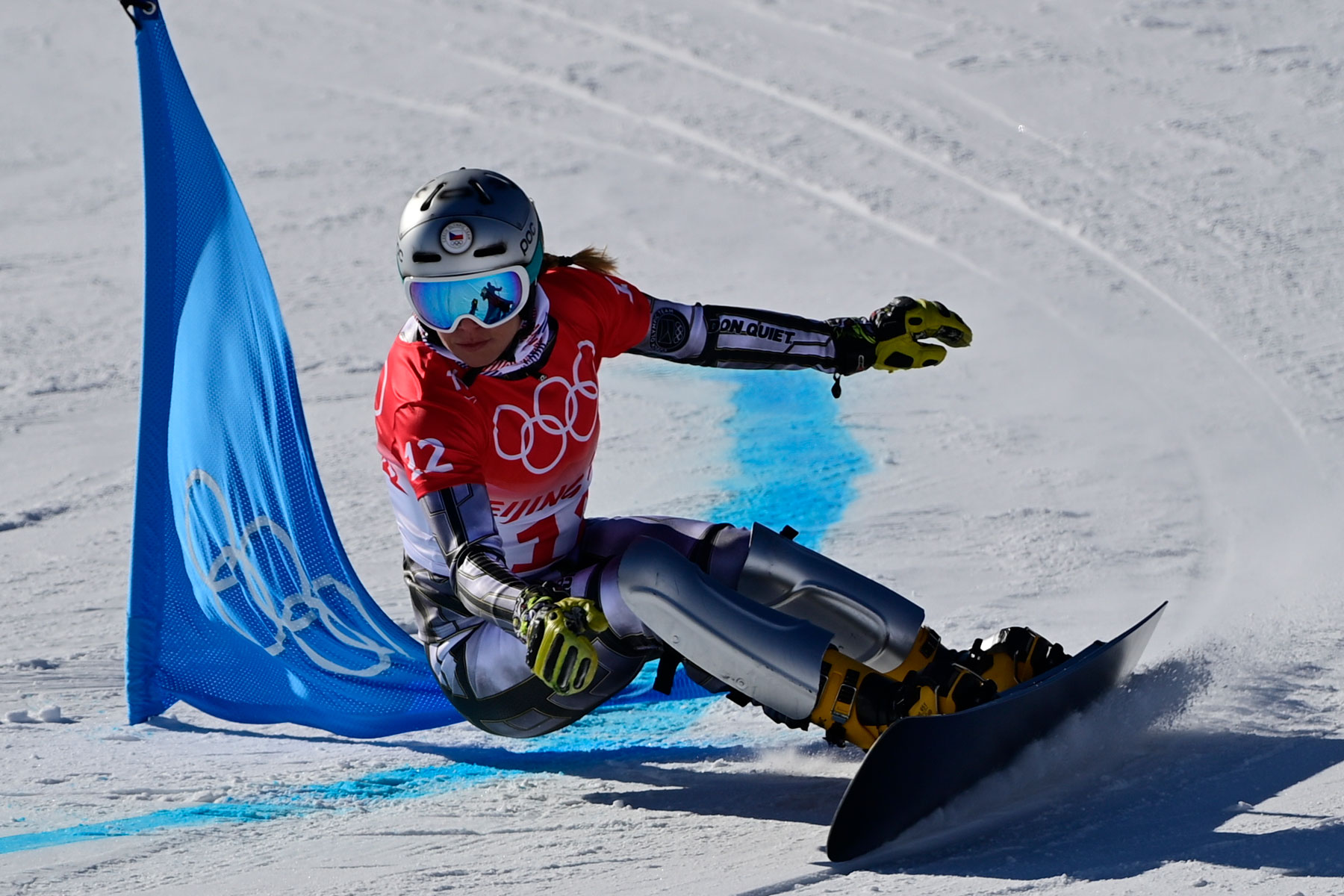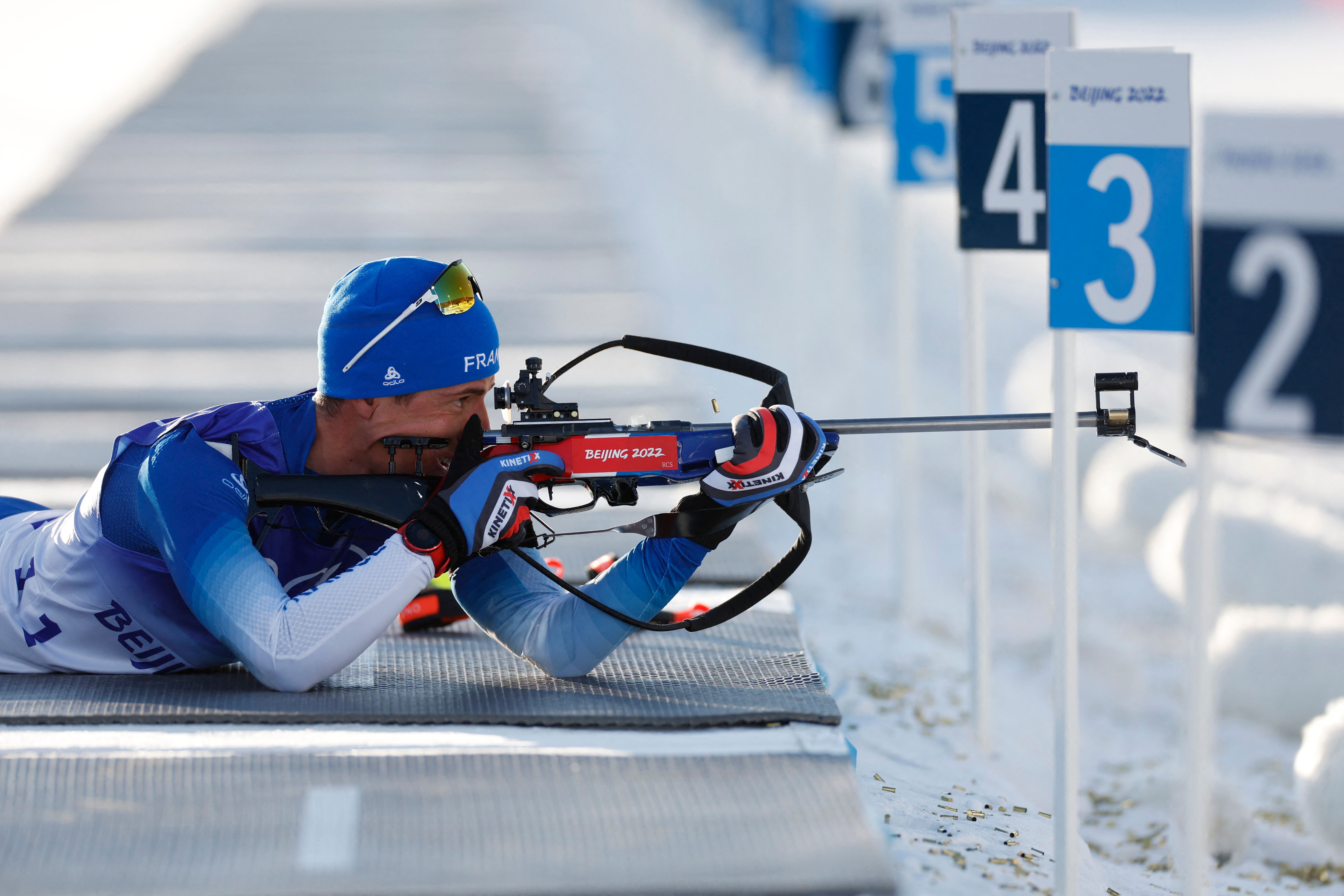
France has its first gold medal of the Beijing Games courtesy of Quentin Fillon Maillet who won the men’s 20 km biathlon event at the Zhangjiakou National Biathlon Centre on Tuesday.
The Frenchman, who is the current World Cup overall leader, came home in a winning time of 48 minutes and 47.4 seconds – this despite suffering two shooting penalties.
"Maybe it looked easy, but it was so hard today. With two misses in the shooting, I never expected the victory – maybe the podium," Maillet said.
"It's hard to relish the victory right now because the race is not finished, but I'm starting to feel the emotions of the victory. It was amazing," he added. "A lot of work, a lot of energy for this. Thank you to my family, my friends, my partner, my teammates, for all their work and all the people who helped me on my way to becoming Olympic champion."
Maillet finished almost 15 seconds clear of Anton Smolski, who wins Belarus’ first medal of the Games.
Norway’s Johannes Thingnes Bø, who won this event at PyeongChang 2018, claimed the bronze medal.
